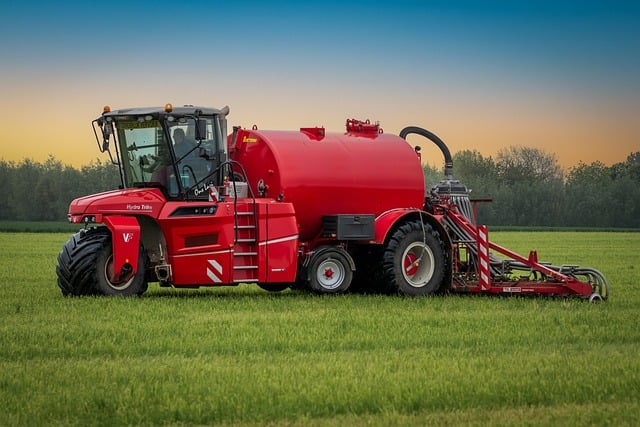

Tokenization, in the context of agriculture, refers to the process of converting agricultural assets or products into digital tokens on a blockchain. This digital representation allows for the fractional ownership, trading, and funding of agricultural assets, thereby modernizing traditional farming practices. Learn more about tokenomics and investing at this source! Register now for free and get started.
Contents
One of the key benefits of tokenization for farmers is increased access to capital, especially for small-scale farmers who may struggle to secure traditional financing. By tokenizing their assets, farmers can sell fractional ownership stakes, allowing multiple investors to contribute capital. This can help farmers raise funds for purchasing new equipment, expanding their operations, or implementing sustainable farming practices.
Tokenization also offers improved liquidity for agricultural assets. Traditionally, agricultural assets such as land or equipment can be difficult to sell quickly. However, by tokenizing these assets, farmers can sell tokens representing ownership stakes, making it easier to find buyers and access liquidity.
Another benefit of tokenization is enhanced traceability and transparency in the agricultural supply chain. By recording transactions on a blockchain, stakeholders can track the journey of agricultural products from farm to table. This transparency can help build consumer trust and improve food safety standards.
Tokenization has several practical applications in agriculture. One example is fractional ownership of agricultural assets. By tokenizing ownership stakes in a farm or a piece of agricultural equipment, farmers can raise capital from multiple investors without giving up full ownership.
Another use case is tokenized agricultural commodities trading. Farmers can tokenize their crops or livestock, allowing them to trade these tokens on digital exchanges. This can help farmers secure better prices for their products and access a wider market.
Tokenization can also be used to fund agricultural projects through token offerings. Farmers can issue tokens representing future harvests or agricultural projects, allowing investors to participate in the success of these ventures.
Tokenization has the potential to promote sustainable farming practices. For example, farmers can use tokens to incentivize environmentally-friendly practices such as organic farming or soil conservation. By rewarding farmers with tokens for adopting sustainable practices, tokenization can help address environmental challenges in agriculture.
Despite its potential benefits, tokenization in agriculture also faces several challenges. One major challenge is regulatory uncertainty. The legal status of tokenized assets and transactions varies from country to country, creating compliance issues for farmers and investors.
Security is another concern. As tokenized assets are stored on a blockchain, they are vulnerable to hacking and cyber attacks. Ensuring the security of tokenized assets is essential to protect the interests of farmers and investors.
Several projects have successfully implemented tokenization in agriculture. One example is GrainChain, a blockchain platform that facilitates the tokenization of agricultural commodities. GrainChain allows farmers to tokenize their crops, making it easier to track and trade agricultural products.
Another example is Agrikore, a platform that uses blockchain technology to tokenize agricultural assets in Africa. Agrikore enables farmers to access financing and sell their products through tokenized transactions, improving efficiency and transparency in the agricultural supply chain.
The future of tokenization in agriculture looks promising, with the potential to revolutionize agricultural finance and supply chain management. Emerging trends in tokenization technology, such as the use of smart contracts and decentralized finance (DeFi), are likely to further enhance the benefits of tokenization for farmers and investors alike.
In conclusion, tokenization has the potential to modernize farming practices, providing farmers with new opportunities to access capital, improve liquidity, and promote sustainable agriculture. However, challenges such as regulatory uncertainty and security risks need to be addressed to unlock the full potential of tokenization in agriculture.
Are you in need of a cladding solution for your building and design project? Well,…
Whether you are just founding your business or are an experienced company owner, you undeniably…
With the rise of online dating, the potential for encountering scammers has increased. Scammers use…
Irritable Bowel Syndrome (IBS) is a functional disorder of gastrointestinal system that resulted by irritability…
Ukrainian entrepreneur Maksym Krippa has officially joined forces with DIM Group, marking a significant new…
The military used scopes and binoculars to survey the area in the past to gather information.…